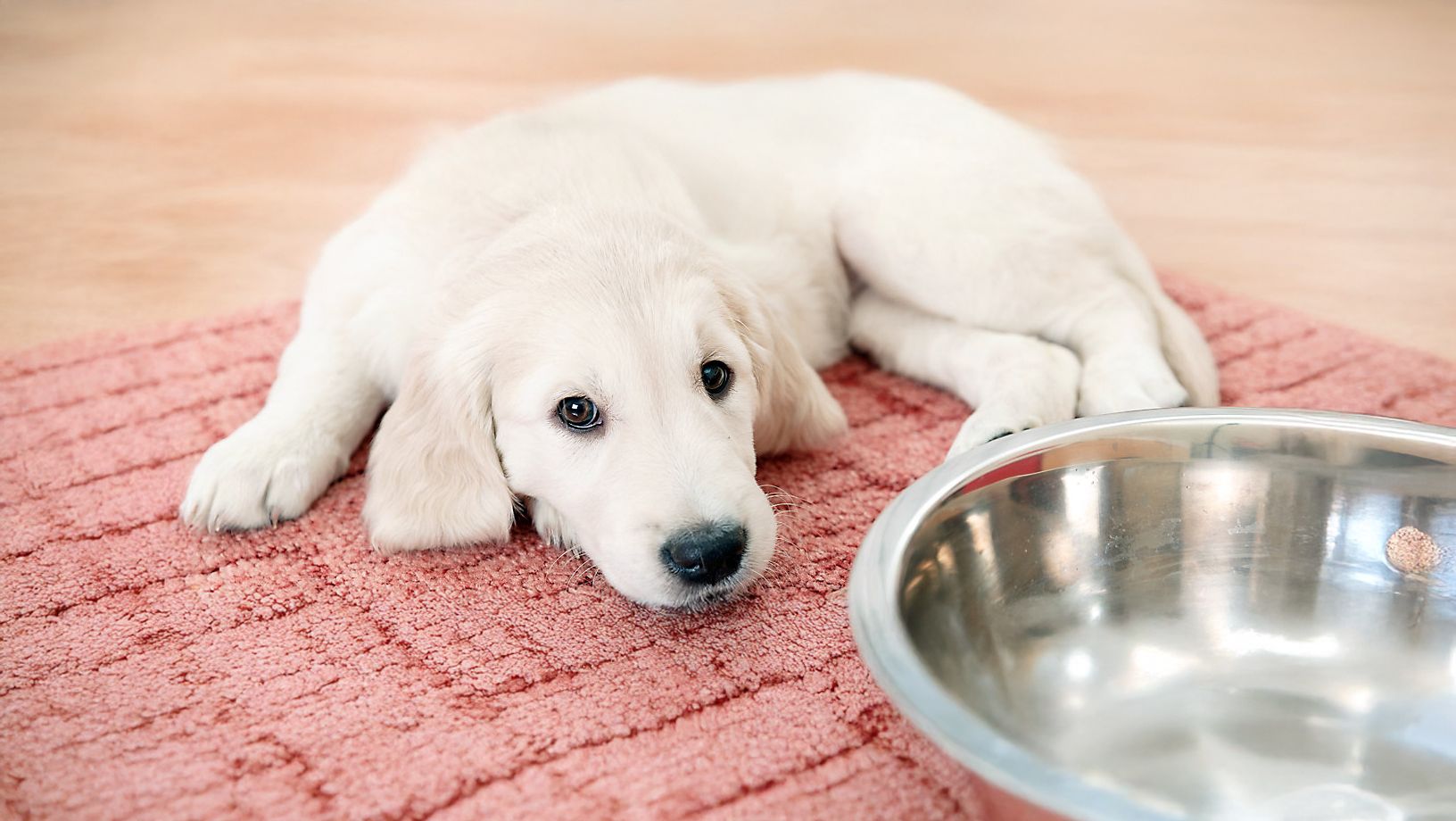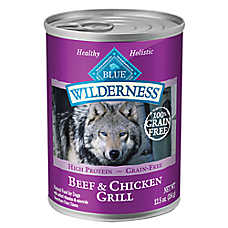Should I Give My Dog Wet Food?

In this Article
Pet parents have some outdated beliefs about wet dog food. Some think it causes tooth decay, other’s think it’s not as nutritious as dry dog food; but it’s time to rethink those assumptions.
The tooth truth
Pet dental-health studies find very little difference in tooth-decay cases between dogs that eat dry food and dogs that eat wet food. In fact, when it comes to keeping your pet’s teeth healthy, not all dry food is created equal, anyway. Only dog food formulas with a Veterinary Oral Health Council seal have been clinically shown to improve dental health.
No matter what kind of food your dog prefers, at-home preventive dental care is the best way to keep your pet’s teeth in good shape.
The perks of wet food
Quality wet food, whether canned, fresh or frozen, is as rich in nutrients as quality dry food. These days there’s a wet-food formula for nearly every doggie diet, including organic, grain-free, novel protein, weight-maintenance, sensitive-stomach and more.
In addition, wet food has benefits of its own:
- Wet food has a higher moisture content, which can help your pet stay hydrated and avoid urinary-tract problems.
- Wet food has just as much protein as dry, but it has fewer carbs. That can be a big help for overweight dogs, or dogs with food sensitivities.
- Wet food is often more appealing to picky eaters.
Delicious dishes
The flavors? Think turkey, salmon, pumpkin and quail egg, chicken potpie and seafood bisque — there’s quite a range of offerings.
